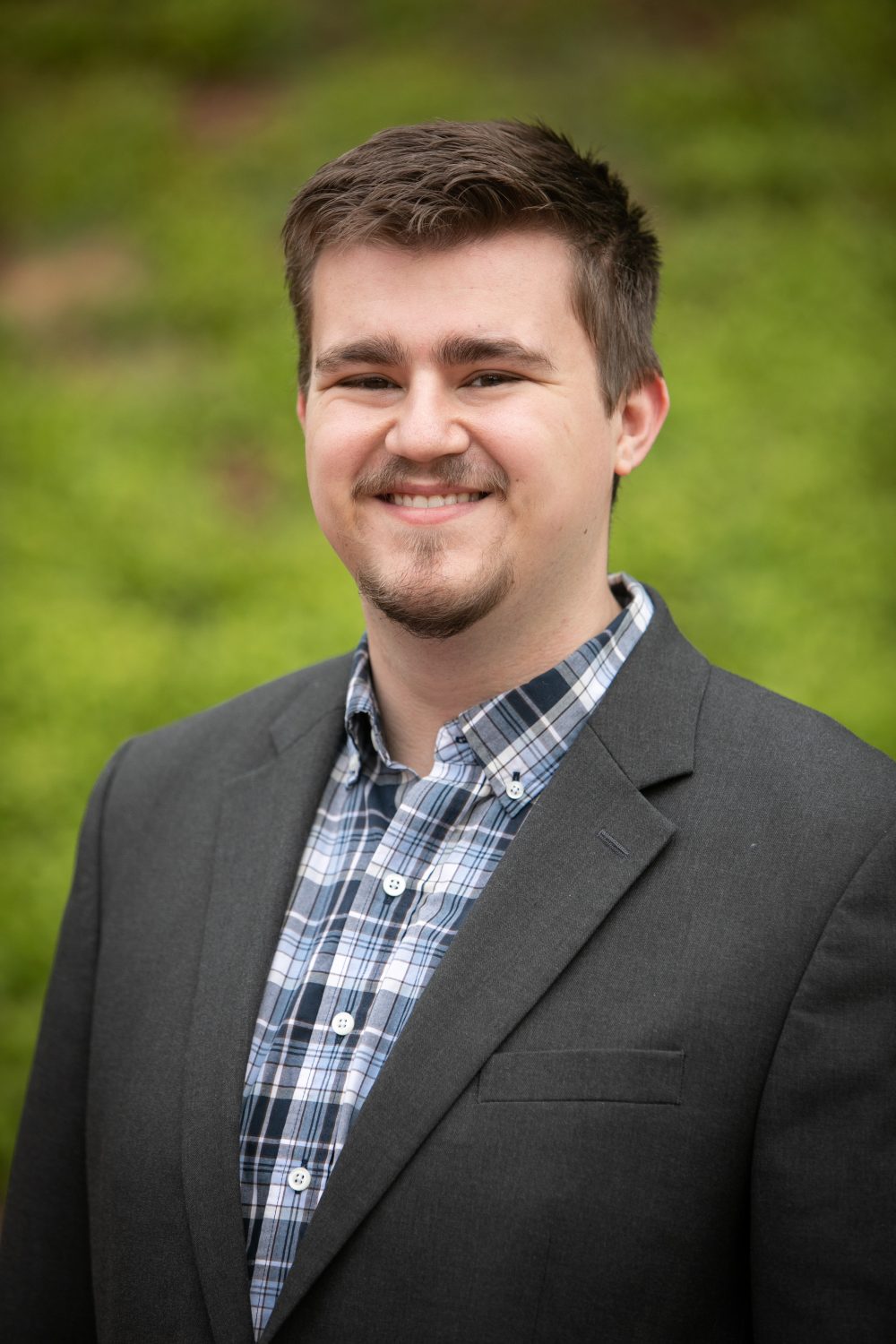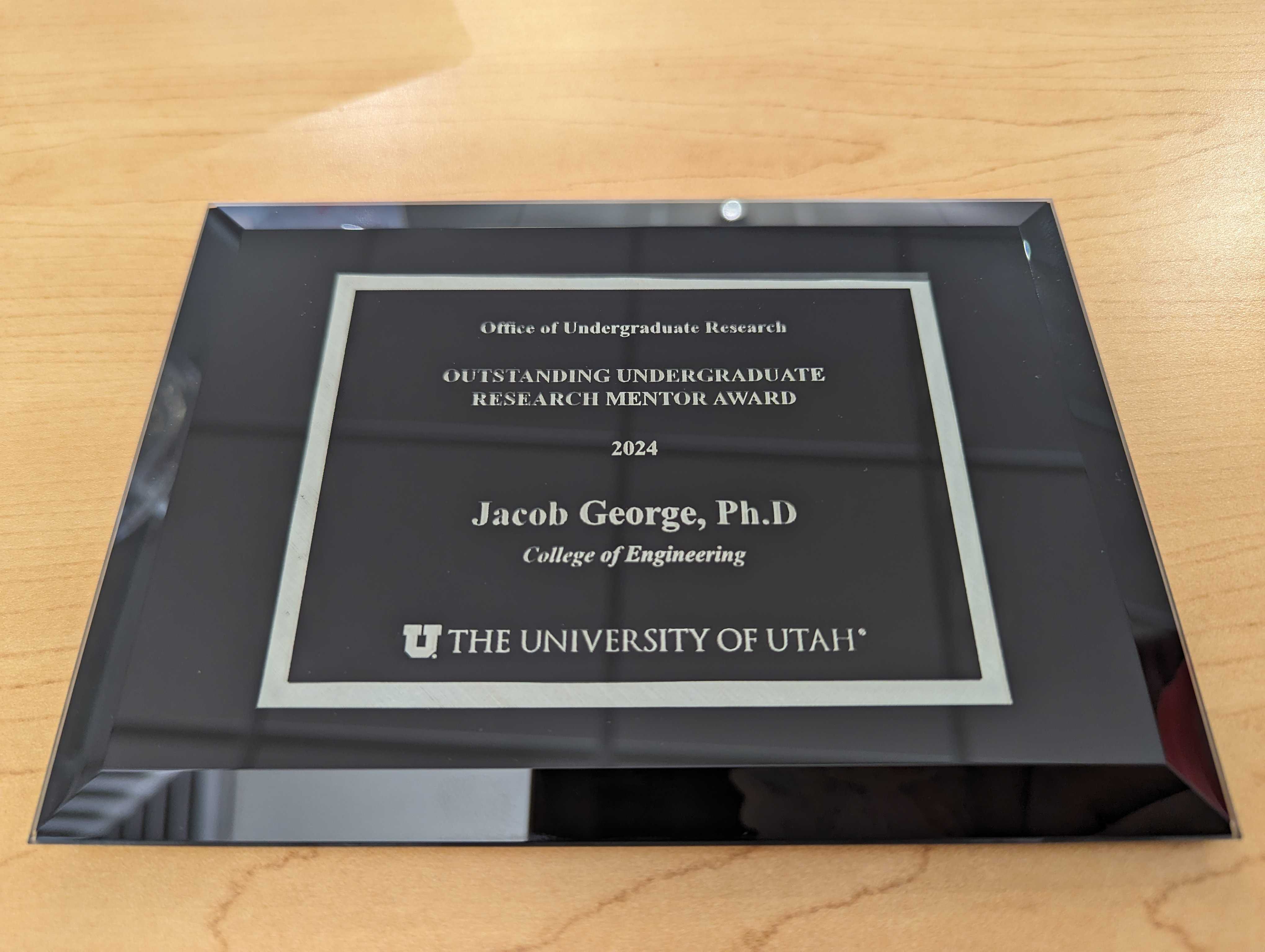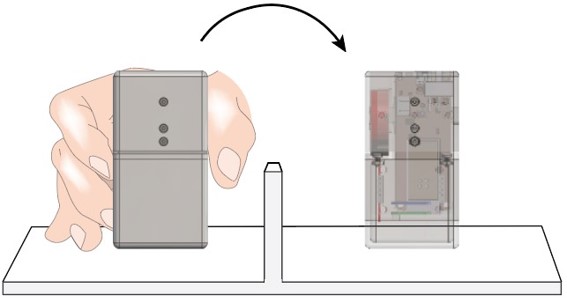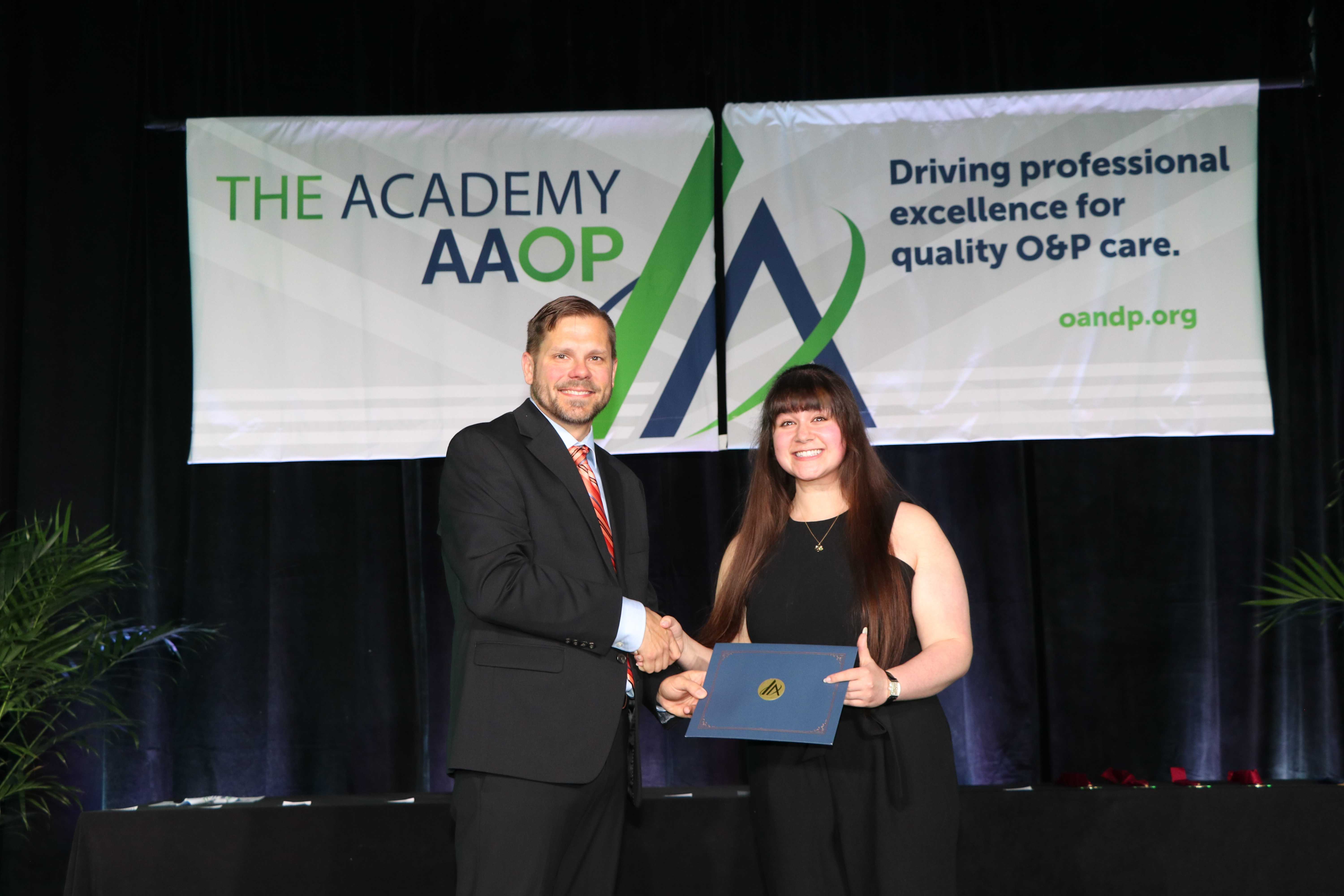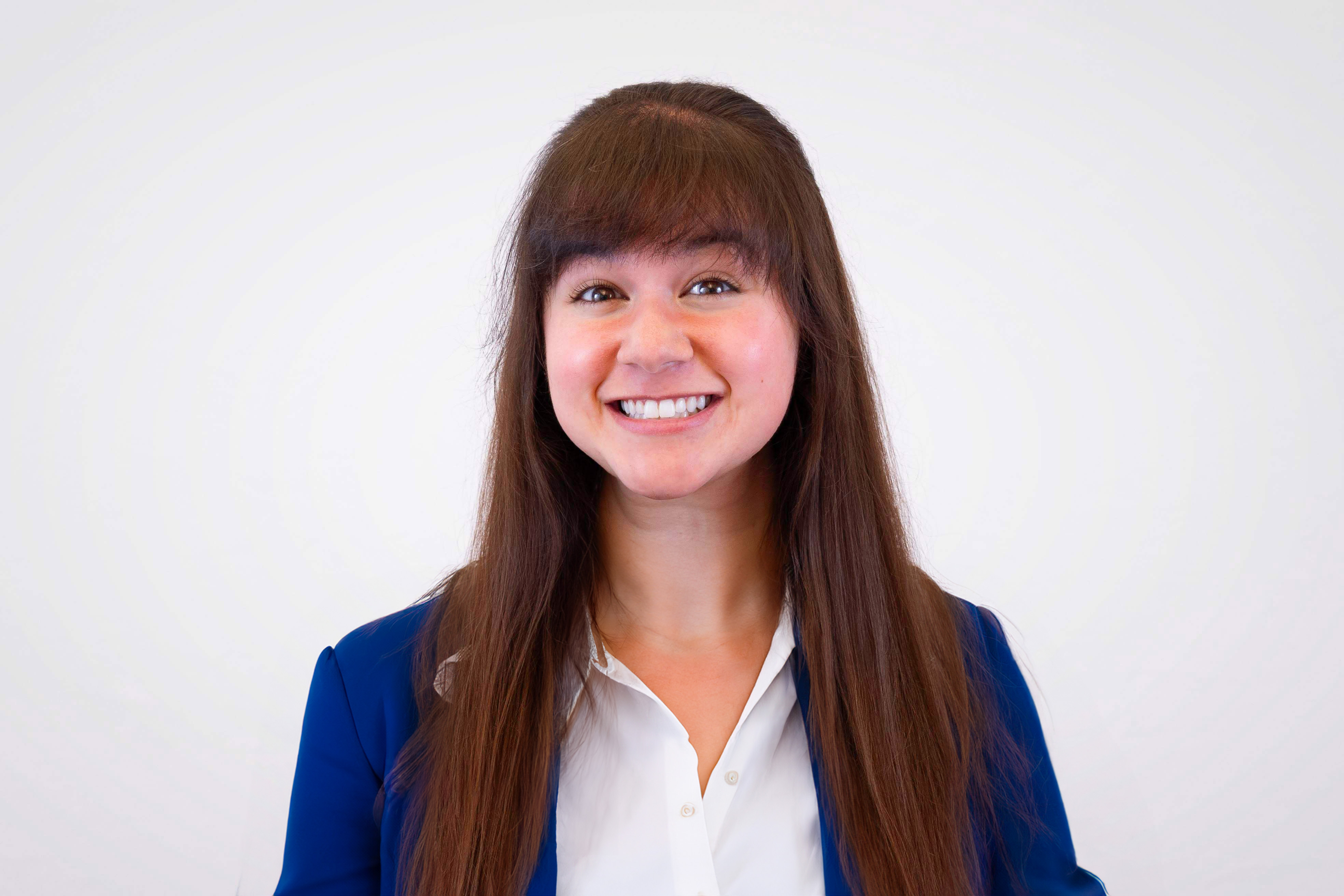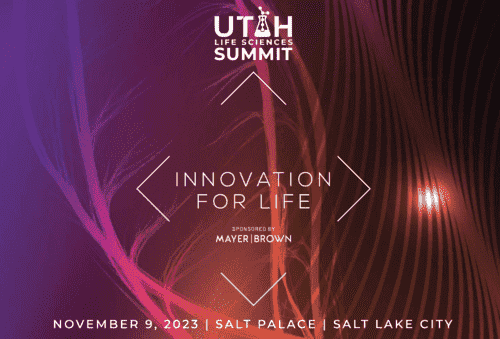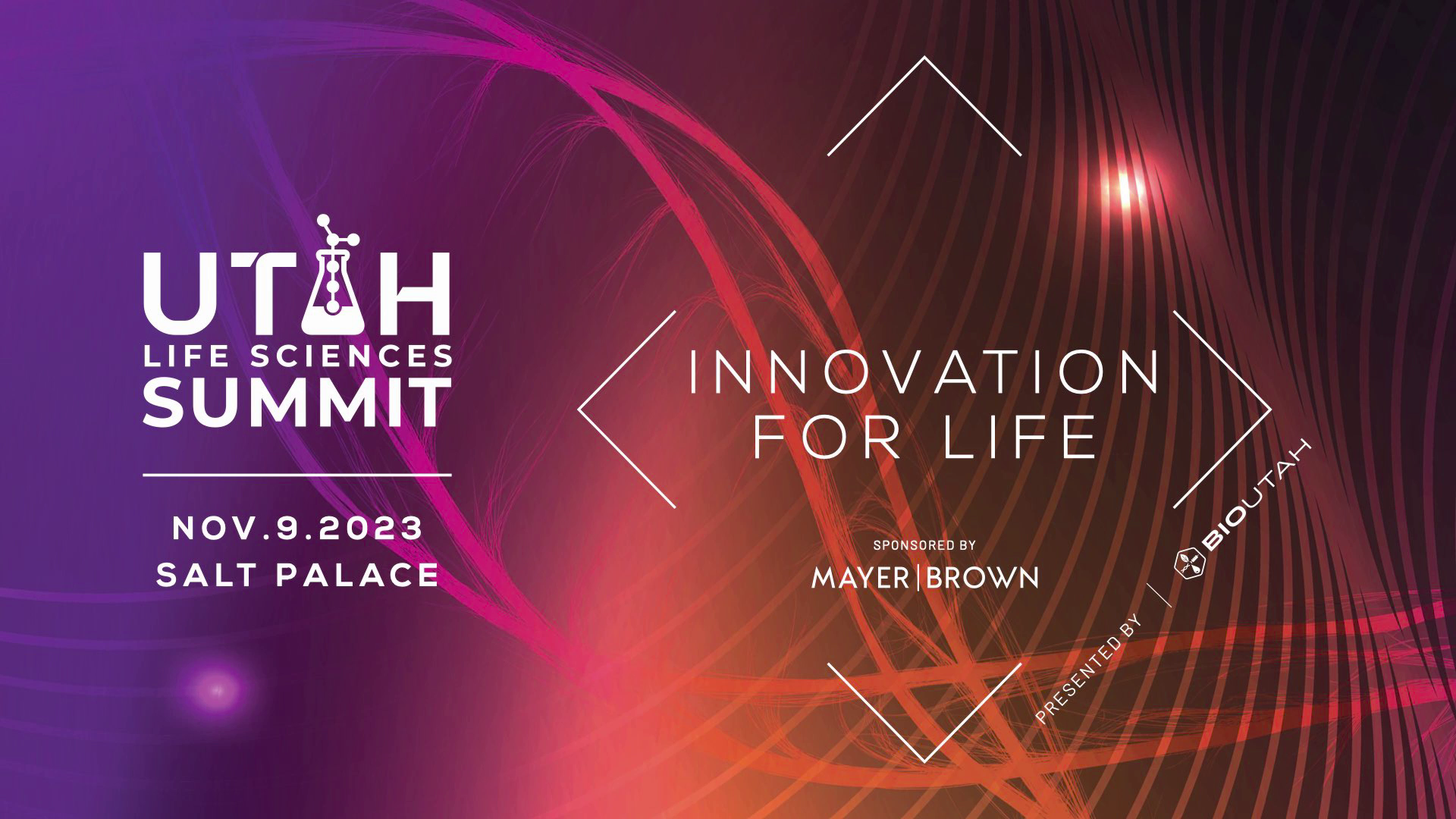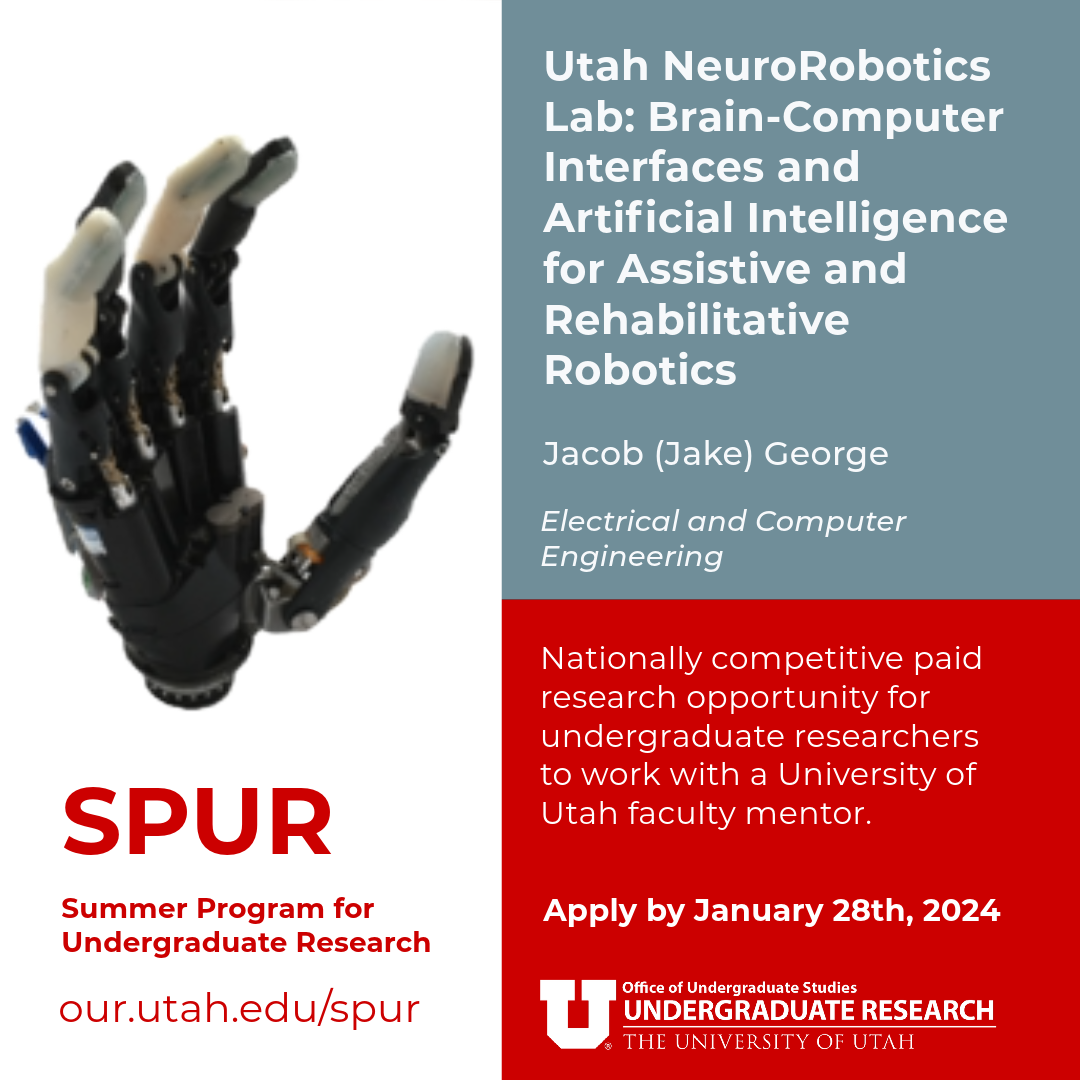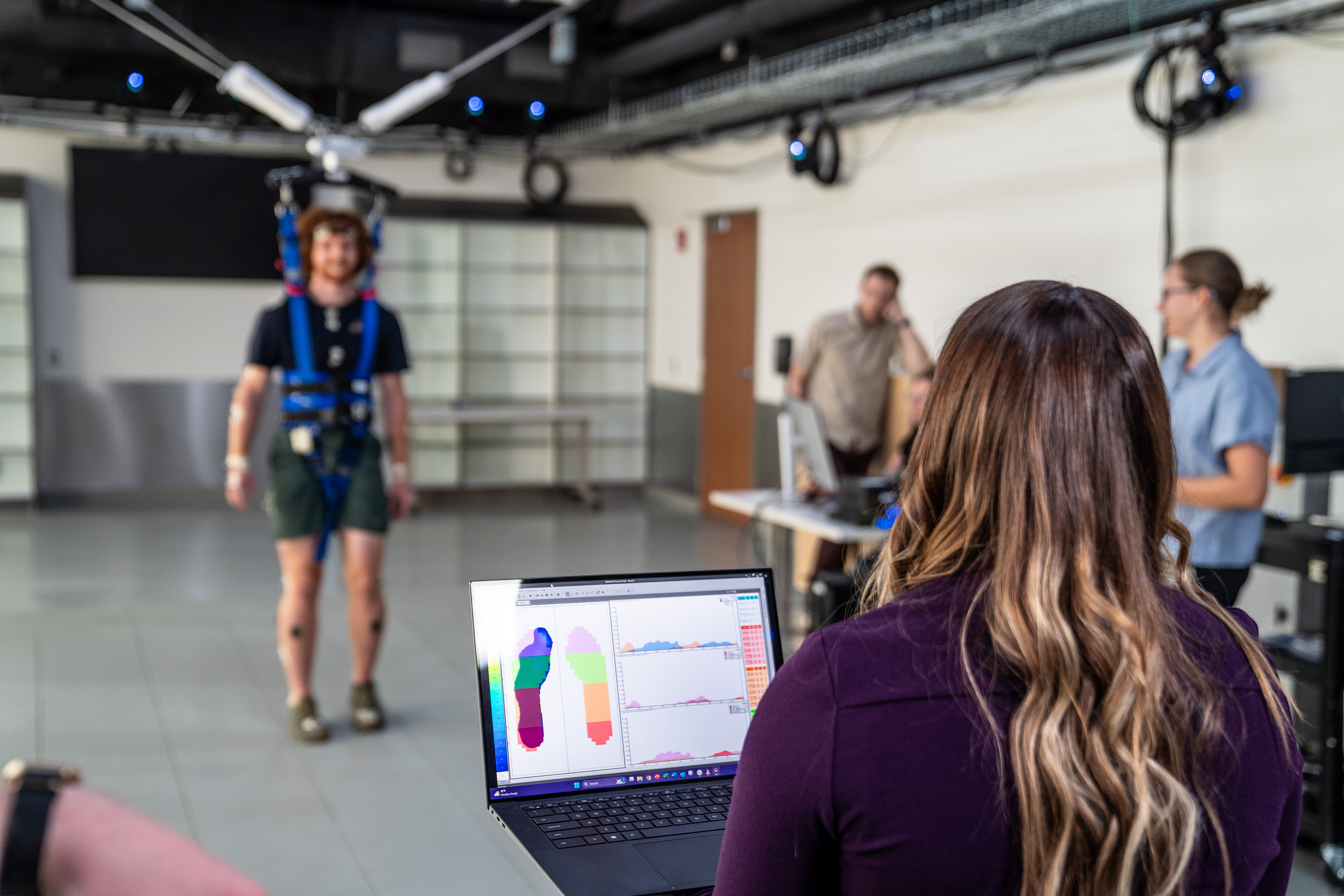Abby Citterman, a dedicated member of the NeuroRobotics Lab since 2020, a recent graduate of biomedical engineering at the U, and a graduate student at Northwestern University Prosthetics-Orthotics Center, has been awarded the prestigious ABC O&P Scholarship, a $10,000 scholarship granted by the American Board for Certification in Orthotics, Prosthetics & Pedorthics (ABC) and the Orthotics & Prosthetics Foundation for Education and Research (OPERF).
The ABC O&P Scholarship is awarded annually to exemplary students who demonstrate outstanding academic achievements, leadership potential, and a commitment to advancing the field of orthotics and prosthetics. This esteemed scholarship aims to support the education and professional development of promising individuals in O&P.
Abby has embodied these characteristics and more through her work in the Utah NeuroRobotics Lab, leading numerous projects, mentoring several new undergraduate and high school students, and receiving recognition for her research at national and international conferences. As we look towards the future, we are confident that Abby’s contributions will continue to shape the field and inspire others in the pursuit of groundbreaking advancements in healthcare technology. Congratulations, Abby, on this well-deserved recognition, and may your journey be filled with continued success and impact!
For more information about the 2024 ABC O&P Scholarship, please visit www.oandpfoundation.org.

